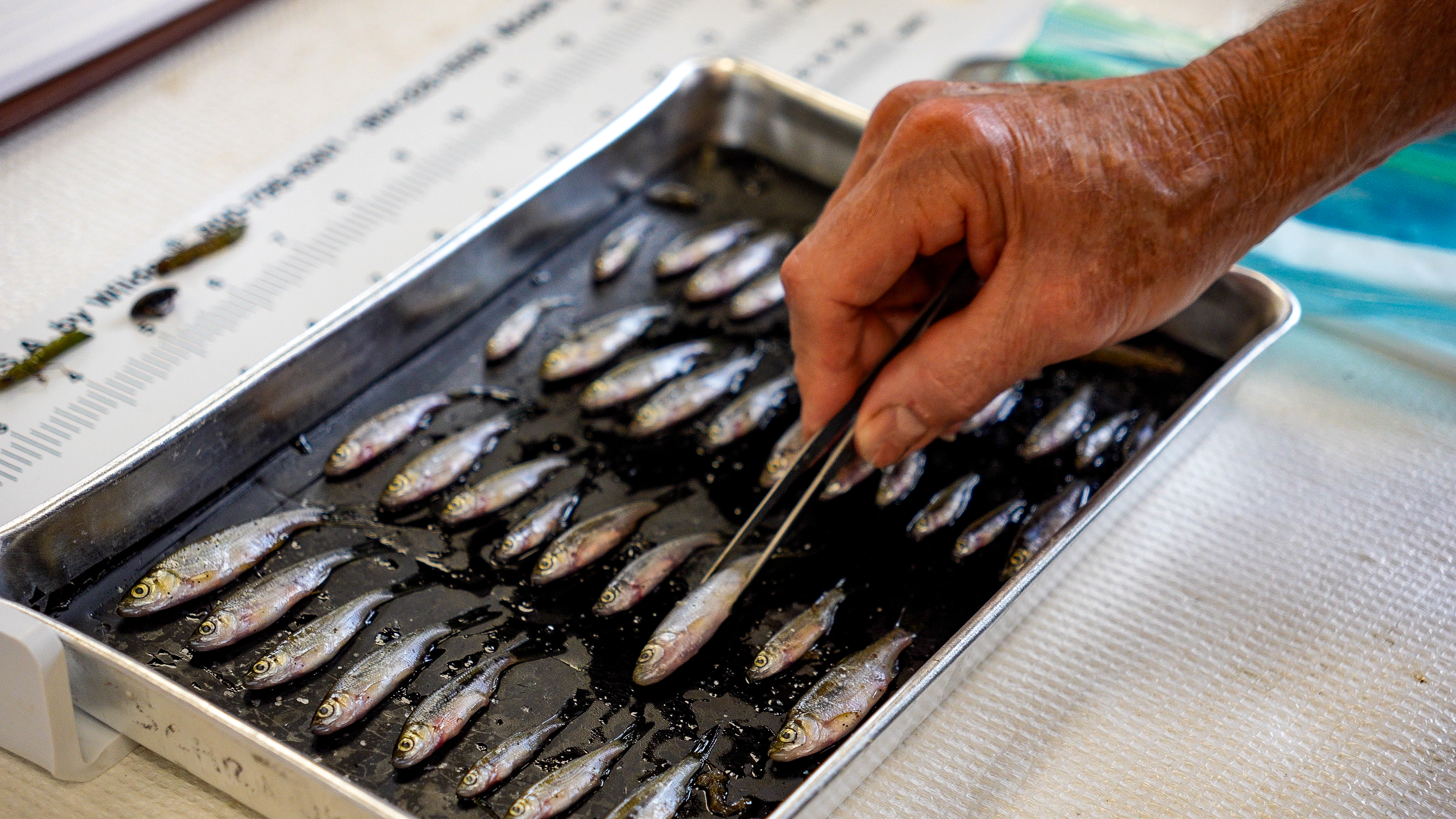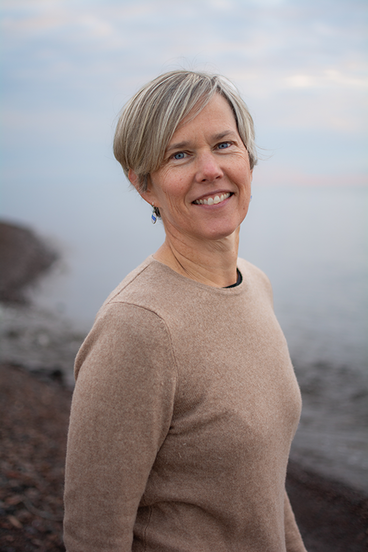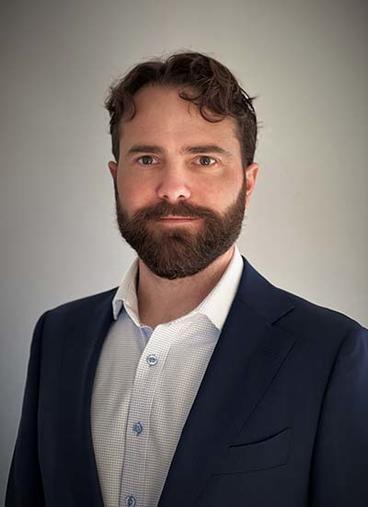
Aquaculture Resources
Find curated information for people interested in the aquaculture industry, for consumers of fish and seafood, and for educators interested in introducing aquaculture concepts to youth. View the Resources
Photo by Cait Dettmann
Project goals:
- Compile and evaluate readily available resources for adult consumer education and youth engagement in United States aquaculture.
- Develop, facilitate, and disseminate adult consumer education materials and programming on seafood and aquaculture.
- Develop, facilitate, and disseminate youth educational materials and programming about seafood and aquaculture.
Fish is recognized as a healthy source of protein, beneficial fats, and micronutrients and the U.S. Food and Drug Administration recommends that adults eat fish up to three times a week. But Americans eat roughly half the recommended amount of seafood. Sustainable aquaculture production could provide Americans with safe, tasty seafood and reduce the U.S. dependence on dwindling wild fisheries.
+
Project description
The goal of this project is to develop methods to educate adult and youth consumers about U.S. aquaculture to increase the ability of consumers to make informed decisions about aquaculture products through the development of educational materials and engagement activities.
Why is this project needed? There is substantial consumer confusion surrounding:
- Aquaculture and its sustainability
- Health benefits of consuming farm-raised fish
- How to prepare and cook fish at home.
What does the project team plan to do? In an effort to promote sustainable aquaculture practices and inform the public about sustainable fish farming, the project team plans to:
- Compile and evaluate readily available resources related to (1) adult consumer education and (2) youth engagement in U.S. aquaculture.
- Develop, facilitate, and disseminate adult consumer education materials and programming on seafood and aquaculture.
- Develop, facilitate, and disseminate youth educational materials and programming on seafood and aquaculture.
Barriers to overcome. Development of adult learning materials and programs can be challenging. Adults need motivation to learn based on their job or general curiosity in a subject. However, the objective information about aquaculture is not regularly presented to the general public, and typical consumers may not actively seek it out. A child or young persons' lack of personal experiences with seafood and aquaculture are challenges for seafood and aquaculture education efforts.
Deliverables of this project:
- Report of comprehensive list of web-based aquaculture educational materials currently available with an evaluation of some of the most relevant and/or visible of these resources.
- Results of a survey designed to develop a better understanding of some of the barriers to educating the public about aquaculture based on the opinions of aquaculture professionals.
- Several short educational videos and online educational modules about aquaculture and wild fisheries, information relevant to identifying and selecting responsible seafood products, and how to prepare seafood at home. Several in-person (or virtual, if necessary) workshops to teach adults proper selection, handling, and cooking of aquaculture products to reduce barriers to individuals cooking fish at home.
- Expansion of the NCRAC Youth Education in Aquaculture website to increase scope and school involvement throughout the NCR which will include workshops for teachers interested in including these experiences in their curriculum.
- Expansion and development of a formal lesson plan designed to empower youth through education about aquaculture and teaching them to harvest fish from classroom aquaponics units, clean them, and cook them; this will include several in-person (or virtual, if necessary) demonstrations for youth.
- Delivery of several in-person fish preservation, cooking and cleaning workshops in partnership with Native American and rural organizations to help re-engage their youth in traditional uses of fish; these activities will be accompanied by appropriate educational materials about fish as a healthy food source and production of short videos to highlight the collaborations.
+
Why Minnesota Sea Grant?
The Development of Consumer Educational Materials on Seafood and Aquaculture project supports Sea Grant's mission to enhance the practical use and conservation of Great Lakes, coastal, and marine resources in order to create a sustainable economy and environment. Specifically, this project supports Minnesota Sea Grant's national and state focus area of sustainable fisheries and aquaculture.
+
What have we done lately?
Summer 2024: The Consumer Education on Seafood and Aquaculture project team from Minnesota Sea Grant along with Michigan Sea Grant and Lake Superior State University held multiple youth and adult outreach and education events over the summer. A highlight was Michigan Sea Grant’s “Mi Fresh Fish Fry”, a free public event held in Houghton, MI with food, cooking lessons, fishing activities and a unique sailing adventure aboard the Inland Seas, a tall ship schooner.
+
Participants & audience
Minnesota Sea Grant project staff seek to educate adult and youth (K-12) consumers about U.S. aquaculture and the sustainability of food production practices.
+
Funding
MNSG’s Development of Consumer Educational Materials on Seafood and Aquaculture project is funded by a $225,505 grant from the North Central Regional Aquaculture Center (NCRAC) and is one of eight regional research and outreach proposal projects selected. The project started September 1, 2021 and ends August 31, 2024.
+
Project history
2023
- November 2023: The Consumer Education on Seafood and Aquaculture project team of collaborators from Minnesota Sea Grant, Michigan Sea Grant, and Lake Superior State University will be submitting a finalized manuscript highlighting the results from a seafood and aquaculture consumer education survey to a peer reviewed journal.
- July 2023: Minnesota Sea Grant and Spark-Y partnered to create two short educational videos to teach youth how to filet and cook seafood using recipes from the Cooking Seafood with Spark-Y cookbook.
- July 2023: Guided by Little Earth Urban Farm Program Manager Chad Hebert, the Consumer Education on Seafood and Aquaculture project team conducted a fish filet workshop at Spark-Y Youth Action Labs. The purpose of the workshop was to teach high school students how to process and filet both Tilapia and Yellow Perch.
- Summer 2023: Consumer Education on Seafood and Aquaculture project collaborators at Michigan State University and Lake Superior State University have been conducting youth and adult aquaculture education and outreach events, including:
- 360° virtual tour of Cedarbrook Trout Farms in Harrisville, Michigan.
- Rainbow Trout cooking demonstration.
- June 2023: Michigan Fresh Fish Expo at the Michigan State Capitol in Lansing, Michigan.
- Consumer Education on Seafood and Aquaculture project team collaborators from Minnesota Sea Grant, Michigan Sea Grant, and Lake Superior State University are continuing to work on a manuscript highlighting the results from the seafood and aquaculture consumer education survey for submission to a peer-reviewed journal.
- Summer 2023: Minnesota Sea Grant and Spark-Y partnered to help develop and share youth educational materials and programming about seafood and aquaculture. The collaboration produced the Cooking Seafood with Spark-Y cookbook, a demonstration video on how to filet a fish, and a cooking demonstration video on how to prepare a fish taco using a recipe from the Spark-Y cookbook.
- April 2023: Over the next few months, the Consumer Education on Seafood and Aquaculture project team will use the results of our survey to develop education modules to better inform youth and adult seafood and aquaculture consumers.
- Spring 2023: In collaboration with Spark-Y, a Twin Cities youth education non-profit, final edits are underway for a seafood cookbook developed with delicious recipes provided by local school children.
- Spring 2023: Our team of collaborators from Minnesota Sea Grant, Michigan Sea Grant, and Lake Superior State University are drafting a manuscript highlighting the results from the seafood and aquaculture consumer education survey for submission to a peer reviewed journal.
- February 2023: The Consumer Education on Seafood and Aquaculture project team presented results from the consumer education survey at the Aquaculture America 2023 conference in New Orleans, Louisiana.
2022
- In late 2022, the TestConsumer Education on Seafood and Aquaculture project team completed a review of the available public facing, K-12 and adult aquaculture resources and is in the process of putting together a compilation of the most reliable of these resources. The team developed a survey to send to the aquaculture community including producers and extension personnel to collect information about existing consumer educational content, perceptions of the public’s understanding of aquaculture, and personal experiences with barriers and challenges of communicating aquaculture to the public.

